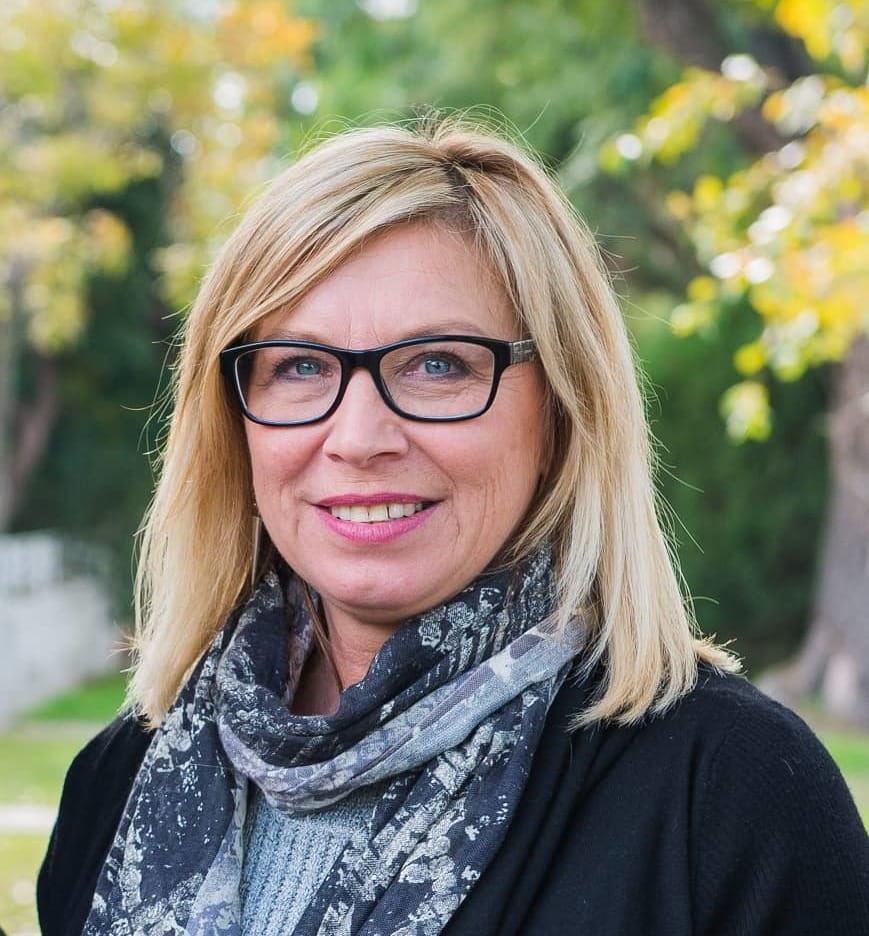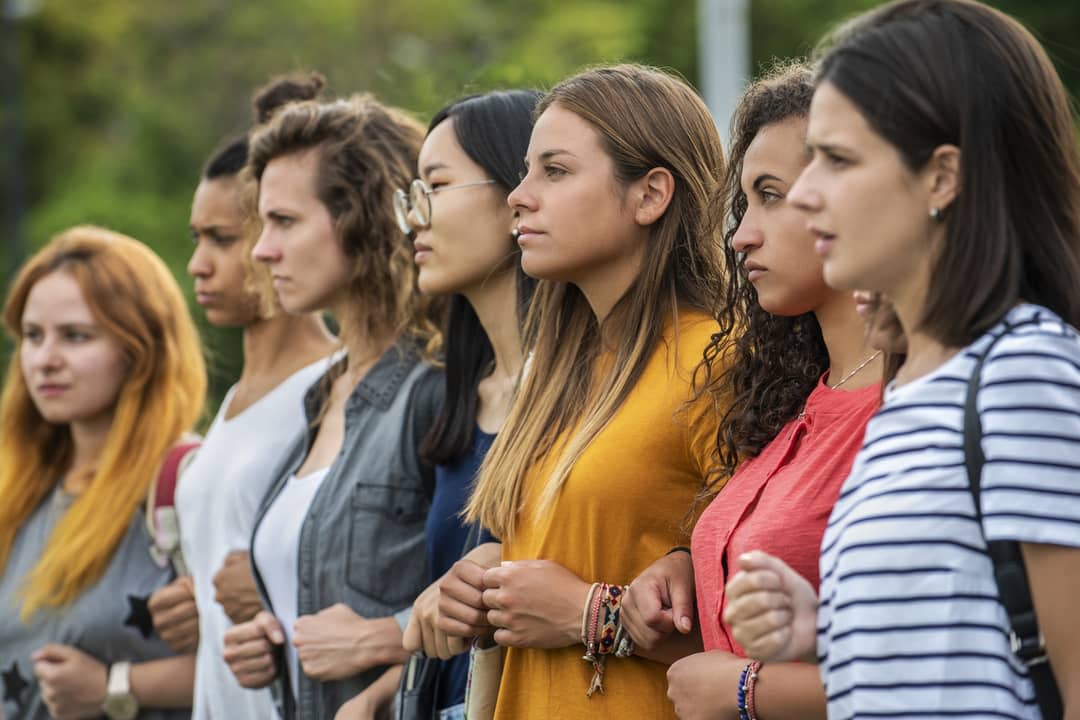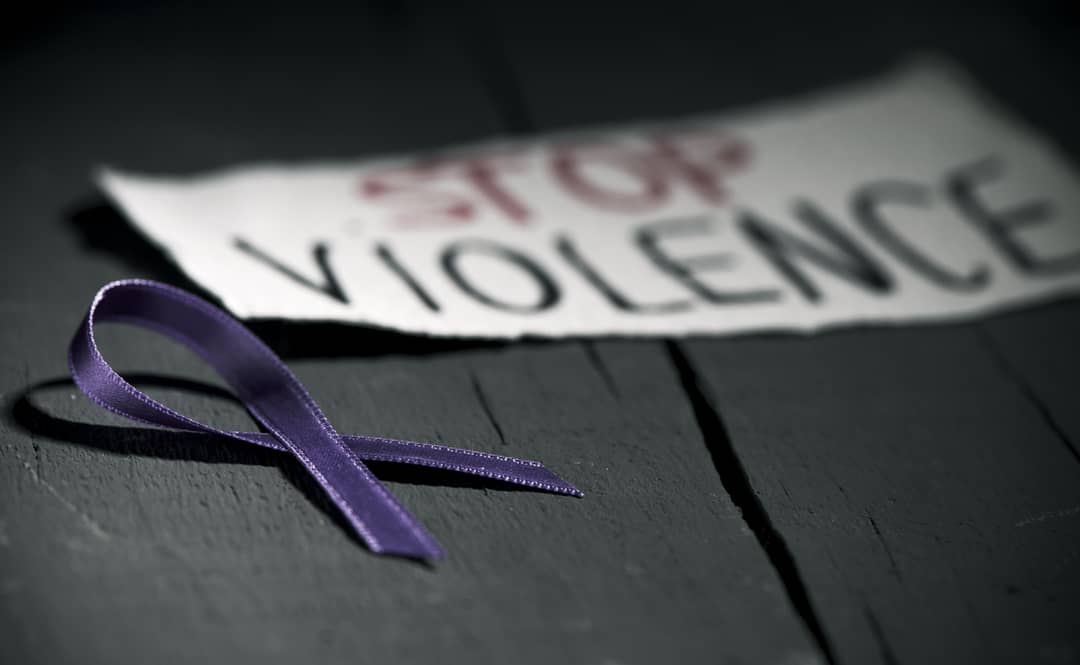
“If anything comes out of this, I want it to be a lesson to everybody that family violence happens to everybody no matter how nice your house is, no matter how intelligent you are. It happens to anyone and everyone.”
These simple, grief-stricken words and the accompanying images of Rosie Batty AO speaking to the media out the front of her home, the morning after her 11-year-old son Luke had been murdered by his father at cricket training, are etched into the memories of many Australians.
While some realised at the time that these words and the woman who spoke them were remarkable, few could have foreseen that they would signal the beginning of an extraordinary period of social and political transformation across Australia.
Domestic and family violence (DFV) is a widespread problem globally. It results in major personal, government, and business costs. Intimate partner violence is the highest health risk factor (greater than smoking, alcohol and obesity) for women in their reproductive years (18-44 years).
Since the outbreak of COVID, emerging data and reports from frontline workers have revealed that all types of violence against women and girls, particularly domestic violence, have intensified.
Yet up until Luke’s tragic death in 2014 and the commencement of Rosie’s advocacy, DFV was an issue that was rarely publicly discussed. It was a private issue, kept behind closed doors. Something then chief commissioner of Victoria Police, Ken Lay, described as “Australia’s filthy little secret”.
From 2015, things started to change
DFV became an issue of public, media and political concern. And it became an issue that people demanded could and should be addressed, and prevented.
The prominent role of Rosie Batty in driving this change has been the focus of our recent study, in which we sought to understand what it was about Rosie, and what it was about this particular point in history that made this transformation possible.
Ultimately, we wanted to know how we might be able to maintain this sort of momentum, and bring about real, lasting improvements in policies and services to support victim-survivors of DFV.

Our research consisted of an in-depth interview with Rosie, and interviews with eight policy actors. The interview data was supplemented by analyses of media and government reports and other documents.
We found that Rosie possesses personal characteristics and capabilities, which in many ways made her the ideal victim and policy entrepreneur/change agent. Her ability to understand others and to put herself in their shoes was notable.
One of the strongest themes to emerge from the interviews was the importance of Rosie’s outsider status, and the fact she was not from the DFV sector or government.
A window of opportunity
We found that in responding to wicked policy problems like DFV, it’s increasingly common for individual actors (who are very often outside government) to be the ones bringing about reform.
We also found that Rosie’s advocacy began at a time when a “window of opportunity” had opened in Victoria, following the election of the Andrews’ Labor government, which had made an election commitment to hold a royal commission into family violence.
This same government later promised to deliver on all 227 recommendations the commission made, resulting in a record investment of more than $3.1 billion. The reform of the family violence system in Victoria, which is still under way, is the envy of many around Australia and the world.
However, our study also found that there are risks and limitations associated with engaging victim-survivors in reform efforts.
Despite the prioritisation of victim-survivors’ voices, there are still many less “ideal”, more representative voices that are not being heard. These issues must be addressed.
In looking at the history of the victims’ rights movement, we found that victim-survivors have invariably been used to promote political agendas in a way that rarely helps them.
Our research confirmed that gendered power imbalances, stereotypes and social norms, particularly regarding ideal victims, means many victim-survivors can feel pressure to be compliant and avoid upsetting powerful interests.
We also found the assumption that Rosie’s experience would automatically open the door for other more diverse victim-survivors to be heard was wrong.
Despite the prioritisation of victim-survivors’ voices, there are still many less “ideal”, more representative voices that are not being heard. These issues must be addressed.

This Thursday, the Commonwealth government’s National Summit on Women’s Safety commences. The summit is described as “the cornerstone of consultation activities” to inform the development of the successor plan to the National Plan to Reduce Violence against Women and their Children.
Sadly, none of the sessions on the program focus on victim-survivor advocates. An Australia-wide collective of domestic, family and sexual violence abuse and violence victim-survivors and survivor advocates has written to relevant Commonwealth, state and territory ministers, including Senator Anne Ruston, the federal Minister for Women’s Safety, to voice dismay with this oversight.
It’s critical that the next national plan is informed and driven by the lived experiences of victim-survivors, and by those who have been failed by the very systems that were meant to support them, such as the Family Court.
Engagement with victim-survivors must also be ongoing. It should be built into each initiative under the national plan. Governments must also be careful to prioritise marginalised voices, and to ensure the autonomy and independence of those voices.
Writer Ursula K. le Guin said:
“When we women offer our experience as our truth, as human truth, all the maps change. There are new mountains.”
Rosie spoke her truth that morning in February 2014, and she’s continued to speak her truth throughout her advocacy.
Speaking truth to power shines a light on system failures, and can bring about positive change. We just need those in power to be brave enough to listen.





